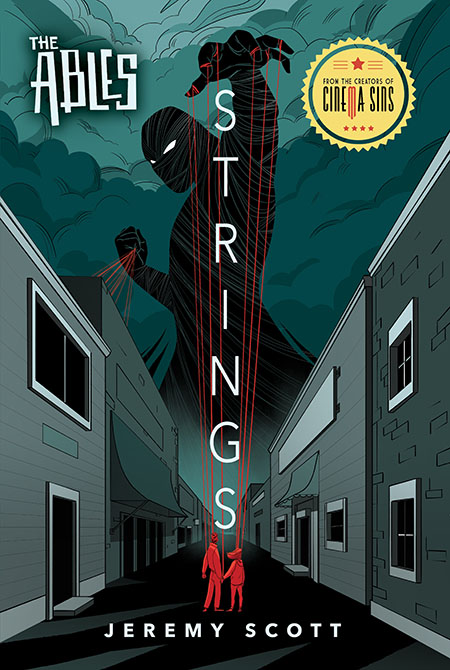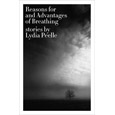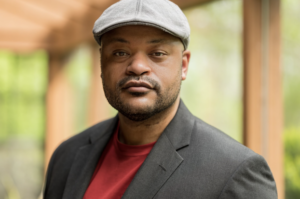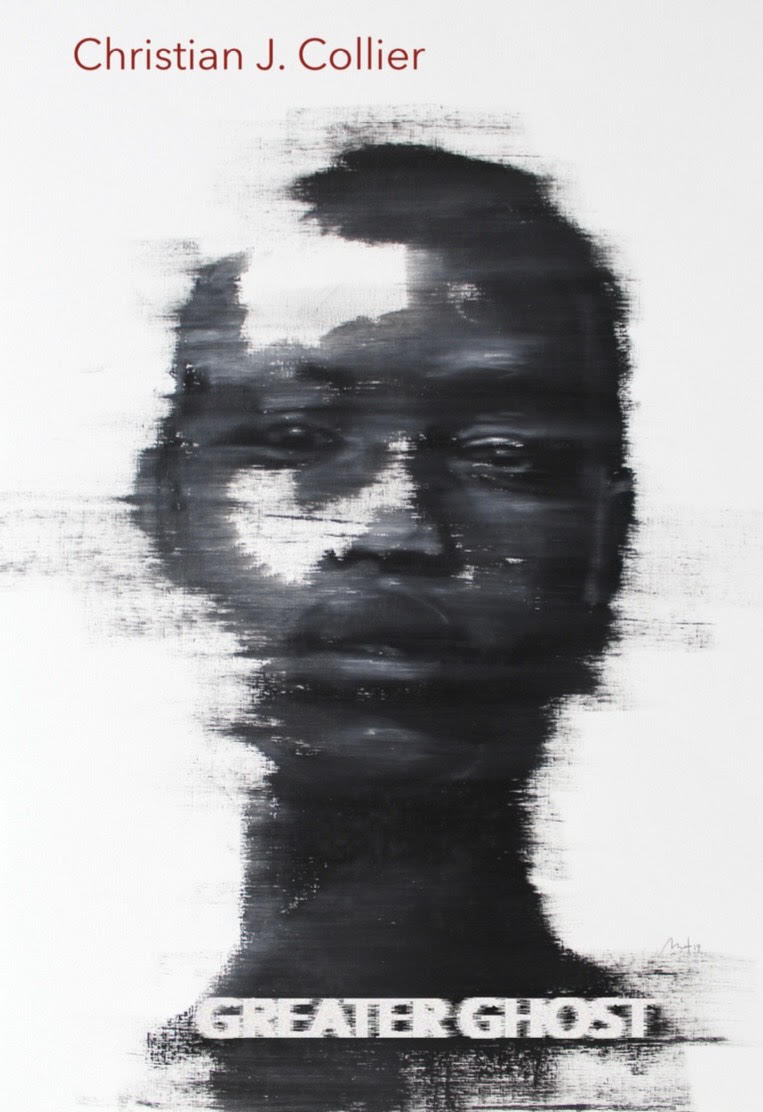Puncturing the Myth of Recovered Memory
Meredith Maran came to believe her father molested her. Eight years later, she changed her mind.
For eight years, Meredith Maran mistakenly believed her father had molested her when she was a child. Two decades later, still tormented by the damage her accusation caused her family, she embarked on a search to understand what really happened, and why. The result is My Lie: A True Story of False Memory.
During the early 1980s, Maran, a freelance journalist, was hired to edit a book on incest. The project fired her sixties-activist zeal and provided a sense of cultural purpose long dormant during her years as a working mother in Silicon Valley: “My pulse raced,” she writes. “I’d felt this sense of urgency before. When I watched the TV news reports of four little girls killed in the anti-civil-rights bombing of a Birmingham church. When I saw the photo of a naked Vietnamese girl running from her napalmed village.” As with those catalysts, Maran’s reaction to the growing field of incest research was immediate and intense: “I need to do something about this.”
Continuing to write newspaper and magazine articles about the issue long after the editing project was over, Maran immersed herself in the history and psychology of child sexual abuse. During the 1980s, a huge number of therapists came to believe that depression in adulthood could be explained by suppressed memories of incest, and the national media latched on to the idea, pumping out story after story about the secret epidemic of child abuse. In the context of this news climate, students in day-care centers around the country began making some amazing claims—not just that they had been abused by their caregivers, but that they had also been subjected to sexual torture amid Satanic rituals conducted in secret tunnels beneath their day-care centers. In 1984, the most notorious case involved the McMartin Preschool in Manhattan Beach, a suburb of Los Angeles. That year in Los Angeles County alone, Maran writes, “police were investigating abuse claims in sixty-three other day-care centers. Sixty-three.”
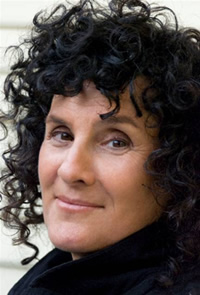 What she read in covering these stories as a journalist—and heard, repeatedly, from the psychologists she interviewed—increasingly made her question her own problematic youth, her troubled relationship with her father, and, eventually, her unhappy present. She came to believe that she, too, had been molested. After months of second-guessing her own feelings, she finally broke off all communication with her father. Around the country, according to Maran’s research for My Lie, approximately one million other women were doing the same thing. Thousands of their fathers went to prison on the strength of testimony by “experts” in the field of recovered memory.
What she read in covering these stories as a journalist—and heard, repeatedly, from the psychologists she interviewed—increasingly made her question her own problematic youth, her troubled relationship with her father, and, eventually, her unhappy present. She came to believe that she, too, had been molested. After months of second-guessing her own feelings, she finally broke off all communication with her father. Around the country, according to Maran’s research for My Lie, approximately one million other women were doing the same thing. Thousands of their fathers went to prison on the strength of testimony by “experts” in the field of recovered memory.
Eight years later, the pendulum had swung entirely in the opposite direction, and the prevailing narrative in the media was the “witch hunt” caused by recovered-memory advocates. Comparing “the current hysteria” to the Salem witch trials of the seventeenth century and to 1950s McCarthyism, one noted psychologist, writing in The Wall Street Journal, called it “by far the worst with regard to the number of lives that have been destroyed and families that have disintegrated.” Maran’s accusation against her father was, in some sense, the result of a perfect cultural, personal, and neurological storm.
Without abandoning her commitment to protecting children from abuse, Maran ultimately came to understand her own role in the cultural hysteria—fortunately, in time to make amends to her father. She answered questions from Chapter 16 about My Lie in advance of her Nashville appearance at Davis-Kidd Booksellers on October 11.
Chapter 16: Why My Lie? Most writers would have called the book My Mistake, instead.
Maran: I consider the use of the word “lie” in this context to be both a truth and a lie: more than a mistake, less than a conscious act of deception. Whenever I’m afraid that I won’t admit to an uncomfortable or excruciating truth, I err on the side of overstatement of my wrongdoing.
Chapter 16: At the end of the narrative, you write, “Twenty years ago I’d scoured the country in search of perpetrators. In this case I’d found the perpetrator, and it was me.” Why persist in blaming yourself for what happened? From the outside, at least, it seems that the real tragedy here was the lack of absolutely any way for tragedy to have been averted.
Maran: Having been a social activist all my life, starting with the civil-rights and anti-war movements of the sixties, I have a strong ethic that says, “No matter what’s going on around you, you have the responsibility to behave consistently with your beliefs. The fact that identifying as an incest survivor was considered a feminist act in the mid-eighties is no excuse for having surrendered to group-think as I did.
Chapter 16: Part of the point of this book, as you make clear repeatedly, is that your own tragedy was repeated in thousands of families during the 1980s and early 1990s. In the two weeks since your book hit stores, have you heard from other remorseful daughters?
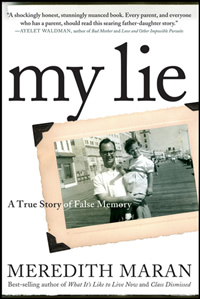 Maran: Since My Lie was published, I’ve heard from a few remorseful daughters, a number of falsely accused parents, and a huge number of, well, enraged men who accuse me of ruining my father’s life and then profiting from it. Clearly these people have no access to my heart, or to my bank account.
Maran: Since My Lie was published, I’ve heard from a few remorseful daughters, a number of falsely accused parents, and a huge number of, well, enraged men who accuse me of ruining my father’s life and then profiting from it. Clearly these people have no access to my heart, or to my bank account.
Chapter 16: Given that every page of this book is informed by your own pain, it can’t be easy to listen as people condemn you though they haven’t even read the book. The comments on your Q&A with Salon were hard even for me to read. How do you respond to the trolls?
Maran: Oh, that’s laying it on the line. So much for my tact. The day after the Salon piece appeared, I woke up early, as I always do, started reading the letters, and threw up. One of the strangest things about writing a memoir like this is that, in order to do it, I had to proceed without dealing with the fact that it would be published. As I wrote the book, I was spending my days digging for the deepest truths, not considering how they’d make me look when I went public with them. So that first day of hate mail was a shock. The ensuing flood of hate mail has been less shocking but no less upsetting.
Chapter 16: Your journalistic admonition “to follow the money” in scandals that happen on the scale of the recovered memory epidemic is echoed in a provocative quotation from James McGaugh, director of the Center for the Neurobiology of Learning and Memory at the University of California at Irvine: “Suddenly it’s fashionable for a young man to say he was molested by a Catholic priest,” he told you. “Some of them are thinking, ‘There’s money to be made here.'” Do you see any similarities here yourself between the sex-abuse scandals in contemporary Catholicism and the recovered-memory scandal of the 1980s?
Maran: One thing I’ve learned the hard way (among many other things) is the value of saying “I don’t know” when that’s the honest answer. I have no way of knowing what percentage of the sex-abuse accusations against Catholic priests are true and how many are driven by greed.
Chapter 16: “Recent American history is rife with examples of the damage done when millions of people become convinced of the same lie at the same time,” you write, and you’re careful to suggest that lying is an equal-opportunity political sport, citing lies spread during the last election cycle about both Sarah Palin and Barack Obama. Given what you now know about the neurology of memory and belief, is there any effective way to counter such lies?
Maran: Apparently not, given the rising number of people who believe that Barack Obama is a Muslim.
Chapter 16: Is there any connection between the media coverage of My Lie and the fact that James Toward—an accused child molester from the 1980s whom you defend compellingly—was released from prison within days of the book’s release?
Maran: The credit for this goes entirely to the courage and resilience of James and his wife and daughter. If my meetings with Mrs. Toward over the past year, or my phone calls with James, lent either or both of them a bit of strength, I’m happy to have contributed to this shred of justice.
Meredith Maran will discuss My Lie at Davis-Kidd Booksellers in Nashville on October 11 at 7 p.m.

